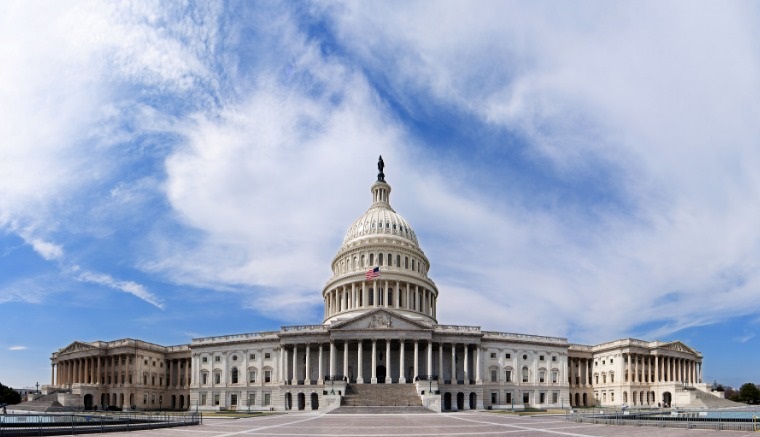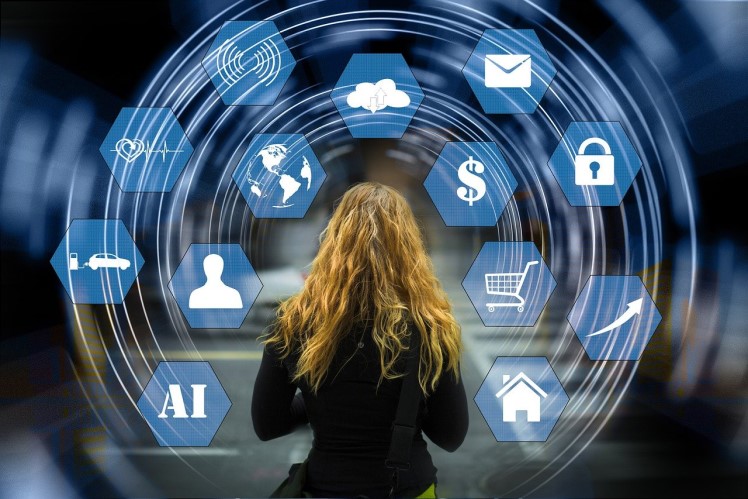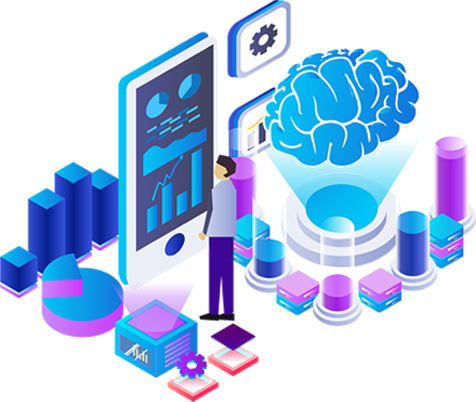
Focus Areas

Global Governance on AI
International cooperation & partnerships to bring about balance in the development, governance and ethics of AI
AI has brought extremely beneficial innovations across industries such as self-driving cars, speech recognition software, spam filtering algorithms that increase the efficiency of systems and processes by a great degree. However, there is lack of international regulations and oversight in the development of AI applications which may pose unintended negative consequences in the long term. This is because there may be a likelihood of AI being influenced due to human intervention, thereby exacerbating some of the social challenges that it aims to address, and we may see the same socio-cultural dynamics trickling down into the AI transformation. Through this focus area, AIPL aims to build global discourse to bring about a balance in the development of AI applications to be achieved through global governance on AI Principles, ethics and its subsequent usage across the spectrum. We will work with global partnerships and governments in this area to inform discussions.

AI for Social Good
Research, implementation programmes and interdisciplinary partnerships centered around AI applications for social good
Advances in artificial intelligence (AI) and Emerging Technologies present an opportunity to build better tools and solutions to help address some of the world’s most pressing challenges, and deliver positive social impact in accordance with the priorities outlined in the United Nations’ 17 Sustainable Development Goals (SDGs). Our work through this focus area centers around supporting core research and fundamental policies which will enable AI to be used for addressing these societal challenges. Through our work, we aim to create tools, resources and funding to bring about social change while engaging with partners across all sectors to have the highest impact. Our aim is to work towards achieving all Sustainable Development Goals at an accelerated pace and address challenges that stifle its progress.

AI for Public Goods
Exploring and transforming AI capabilities in the public sector
AI is already transforming many areas particularly in the private sector. However, its enormous potential for process transformation and economic transformation makes it a potential tool to be applied in the public sector as well. However, when accessing the role that AI can play in the public sector, two important dimensions of Al with regards to public policy development, implementation and governance need to be considered: ➔The potential that AI presents in the public sector and ➔Possibilities of adoption and getting used to the new technology Within this focus area, our interdisciplinary teams will work together with policy makers at all levels to identify the ways in which AI & emerging technologies can be applied in the public sector to deliver public goods in a more economical and resources efficient manner to increase citizen satisfaction.

Global governance on AI
AI has brought extremely beneficial innovations across industries such as self-driving cars, speech recognition software, spam filtering algorithms that increase the efficiency of systems and processes by a great degree. However, the field is largely unregulated and presses the need for a balance between the benefits and unintended adverse effects. This balance can be achieved through global governance on development of AI and the subsequent usage across the spectrum.
Following two factors contribute to global governance on AI
- • lack of regulations and absence of control/oversight systems
- • hindering of the checks and balances system
AI for Social Good
Advances in machine learning (ML) and artificial intelligence (AI) present an opportunity to build better tools and solutions to help address some of the world’s most pressing challenges, and deliver positive social impact in accordance with the priorities outlined in the United Nations’ 17 Sustainable Development Goals (SDGs). Our focus on AI for Social Good aims to establish interdisciplinary partnerships centered around AI applications towards SDGs. We provide a set of guidelines for establishing successful implementation of AI for humanitarian and environmental projects, establish long-term collaborations between AI researchers and application-domain experts, and identify key opportunities for future AI applications targeted towards social good.


AI for Public Goods
Countries differentiate the uses of Al based on their needs – some countries prioritise Al in public policy, some countries prioritise Al and cybersecurity, some are more in favour of the legal field. This is based on the priorities and interests of a state as a whole.
The integration of Al to any of these fields is a challenge, since public policy remains a largely human-dominated field. GPI will attempt to find answers to these challenges by linking the experts in these policy fields with Al specialists, to see how means can meet the ends.
Two important dimensions of Al in public policy need to be considered when discussing the utilisation of Al in public policy implementation and governance: the question of adopting and getting used to the new technology; and the question of how public policy and Al are mutually exclusive, how public policy can inhibit the use of Al by the very essence of its, by being a “human” field.
Challenges linked to the implementation of Al will be addressed by the expertise and engagements offered by ADVISORY GROUP.
